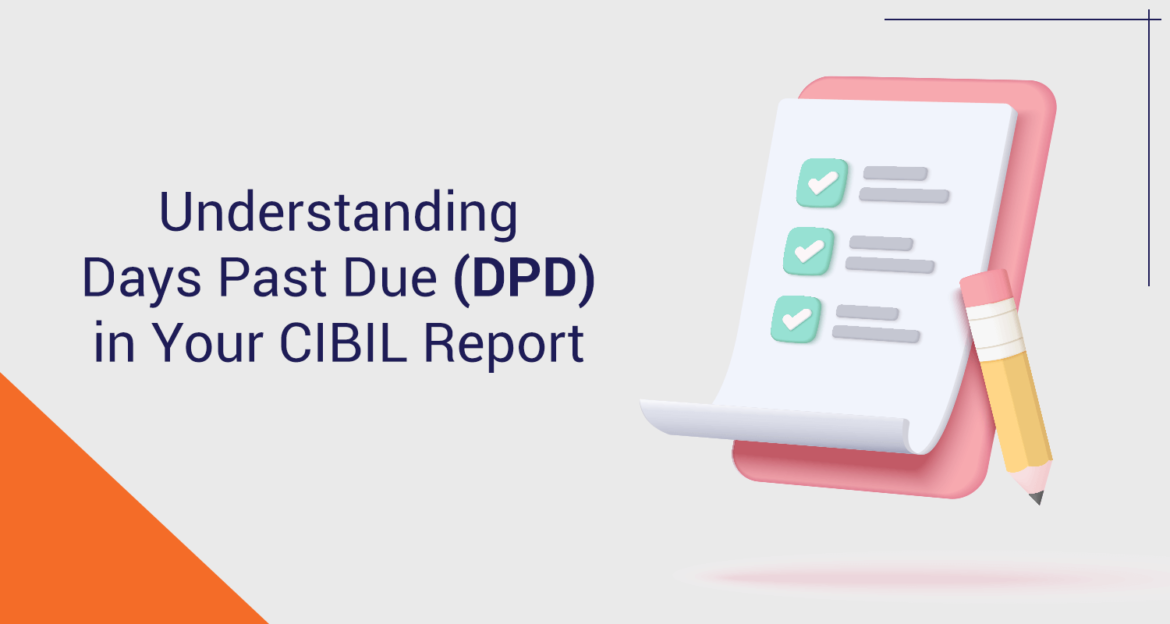Understanding credit reports is essential for anyone looking to maintain healthy financial standing and access favorable credit terms. Among the various components of a credit report, the DPD full form stands out as a crucial indicator of credit behavior. The term DPD stands for Days Past Due, and it plays a significant role in determining your credit score. In this article, we will explore what the DPD full form represents in credit reports and why it matters for your financial health.
What is the DPD Full Form?
The DPD full form, Days Past Due, refers to the number of days a payment on a credit account is late. Creditors report this information to credit bureaus, which then incorporate it into your credit report. Each time you fail to make a payment by its due date, it gets recorded as a measure of Days Past Due. This record serves as a marker of your financial reliability and discipline when it comes to managing debt commitments.
How is DPD Recorded?
DPD is typically noted in the payment history section of your credit report. It is registered in a format that specifies exactly how long a payment has been overdue. For instance, a notation of “30” indicates that a payment is 30 days late, while “60” and “90” denote 60 and 90 days overdue, respectively. Therefore, the DPD full form directly reflects your timeliness in paying off debts.
Why DPD Matters to Credit Score
The DPD full form is more than just a technical term; it is a significant determinant of your credit score. A credit score is a three-digit number that represents your creditworthiness, and it is calculated based on factors like payment history, credit utilization, and length of credit history. Payment history, which includes DPD, is one of the most influential factors, often accounting for 35% of your credit score.
A single late payment can adversely affect your credit score, especially if you have otherwise maintained a clean payment history. The severity of the impact depends on how late the payment is, the number of late payments, and your overall credit behavior. Consistently high DPD records can signal to lenders that you are a risky borrower, making it difficult for you to secure loans or credit on favorable terms.
Impact of High DPD on Financial Health
High DPD figures on your credit report can have far-reaching consequences. First and foremost, they lead to a lower credit score, which can hinder your ability to obtain loans or credit cards. Lenders often view a high DPD as a sign of financial instability, increasing the likelihood of loan rejections or higher interest rates.
Beyond affecting your ability to borrow, a high DPD can detrimentally impact other financial areas. Insurance companies might charge higher premiums, and landlords could choose other applicants with better credit histories. In essence, a high DPD does not just restrict your access to credit but also influences various aspects of your financial life.
Strategies to Manage and Improve DPD
Maintaining a low DPD is vital for a healthy credit score and financial well-being. Here are some strategies to help manage and improve your DPD:
1. Timely Payments: Prioritize paying bills on or before their due dates. Set up automatic payments or reminders to avoid missed deadlines.
2. Debt Consolidation: Consider consolidating debts to reduce the number of individual payments, thus minimizing the chances of missing payments.
3. Budgeting: Create a realistic budget that includes all debts and expenses. This can help ensure that you have enough funds to cover all your obligations.
4. Communication with Creditors: If you anticipate difficulty in making a payment, proactively communicate with your creditors. They may offer extensions or payment plans that can prevent a DPD record.
5. Regular Credit Monitoring: Regularly check your credit report for accuracy. Dispute any discrepancies promptly to ensure your credit score is accurate.
6. Focus on High-Impact DPDs: Address overdue payments starting with the most recent and significant ones, as these tend to have the most effect on your credit score.
The Role of DPD in the Big Picture
In the broader context of credit management, the DPD full form is just one of the many facets that determine your financial health. However, its importance cannot be overstated. The DPD is a direct reflection of your ability to manage debt responsibly, which is a primary consideration for lenders. A low or non-existent DPD indicates that you are a reliable borrower, potentially leading to more favorable lending conditions.
It is also essential to understand that while DPD is crucial, it is not the sole element affecting your credit score. Factors like credit utilization, the length of credit history, types of credit in use, and new credit also come into play. Thus, a holistic approach to credit management is essential for long-term financial health.
Conclusion: Why DPD Should Be a Priority
The DPD full form, indicating Days Past Due, is an integral part of credit reports that punctuates the importance of punctual debt repayment. It prominently influences your credit score, affecting loan approvals, interest rates, insurance premiums, and even rental agreements. Therefore, prioritizing the minimization of DPD should be a fundamental aspect of personal financial management.
By understanding the implications of the DPD full form and implementing strategies for its effective management, you can maintain a robust credit score and enhance your financial standing. Establishing habits of timely payments, budgeting, and regular credit monitoring will not only help reduce your DPD but also position you for a healthier financial future. In essence, mastering your DPD is a vital step toward reaching your broader financial goals.


